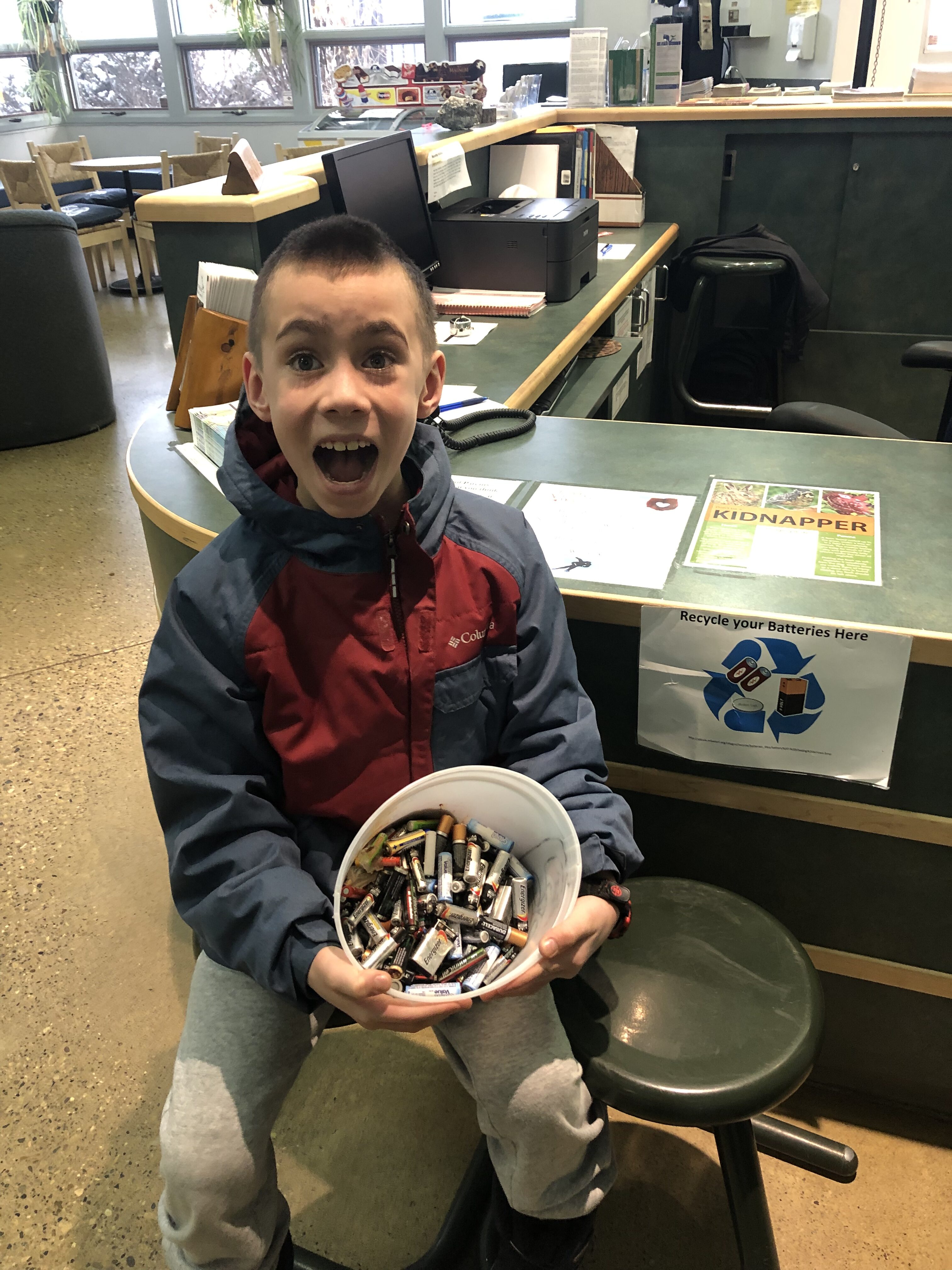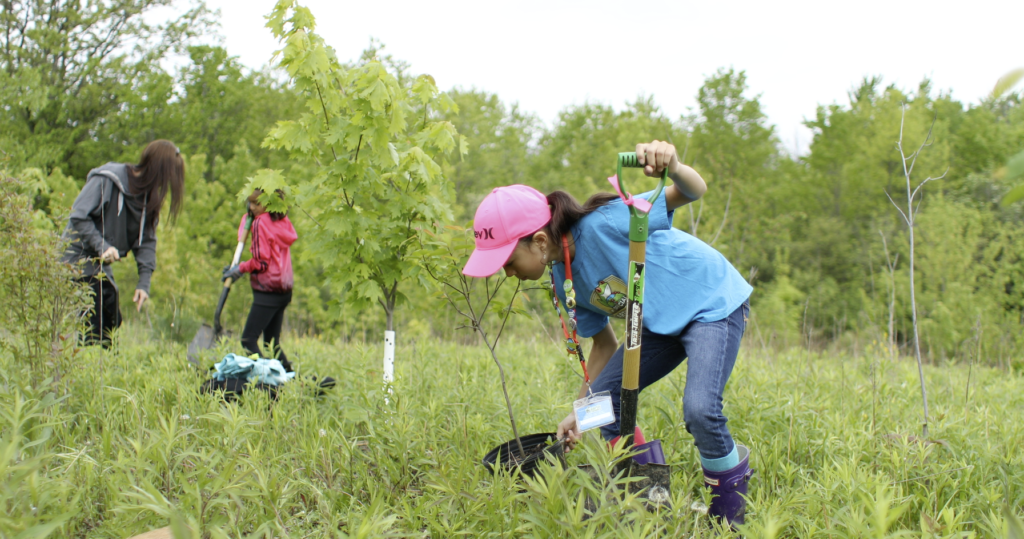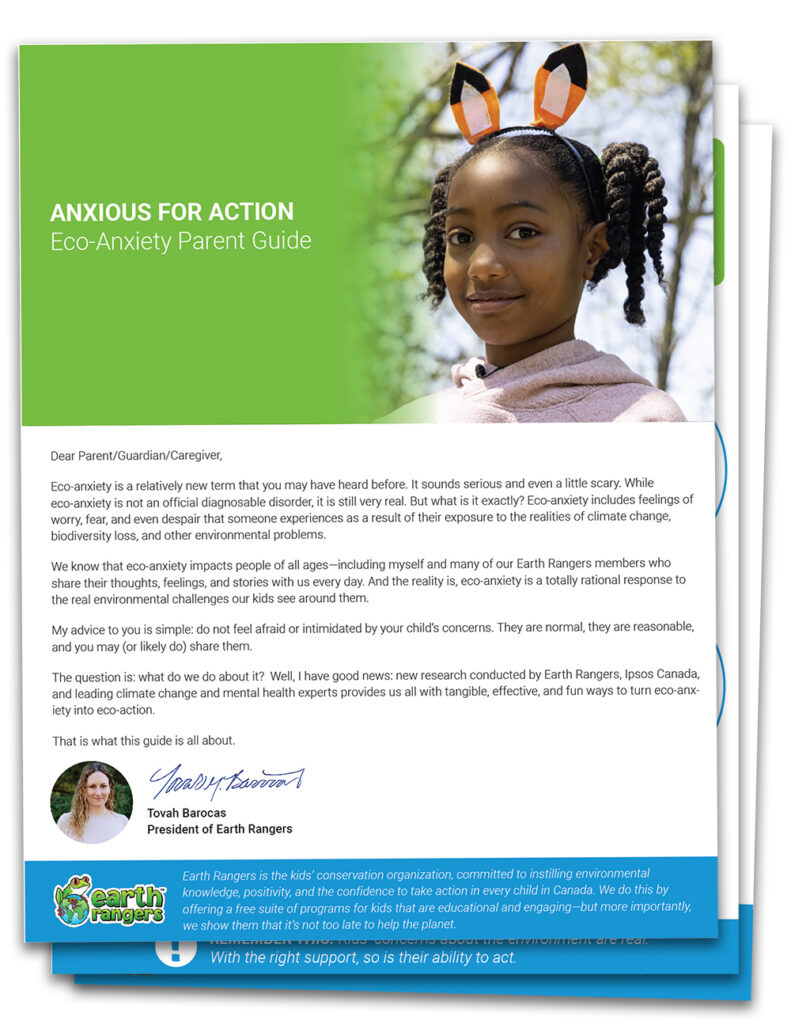Eco-Anxiety Isn’t Just a Buzzword

Climate change poses an existential threat to human health. For much of the past decade, researchers, policymakers, and caregivers have been focusing on this threat from a physical perspective.
Three recent studies show that the hidden cost of climate change on mental health—especially our children’s—can no longer be overlooked.
Imperial College London’s global study found the climate crisis is impacting the mental health of hundreds of millions of people worldwide, worsening distress particularly for young people and even those not directly affected.
The Canadian Institute for Climate Choices latest report highlighted that the “impacts to mental health could be among the costliest climate-rated health impacts for Canada.” Climate disasters and their aftermath are not the only sources of stress; the research also points to “ecological grief” and feelings of sadness in response to changes to familiar landscapes that increase anxiety and affect well-being.
While people of all ages will suffer, young children will ultimately face climate change’s most lasting effects—in particular “eco-anxiety.” While not an official diagnosable disorder, it affects children in very real ways. It’s the angst, grief and trauma children experience in the face of ecosystems in distress around the world. It is indeed a valid response to the changes and challenges our kids see around them.
Over the course of my career at Earth Rangers, I have experienced this first-hand, through stories submitted by our members and conversations with children and their parents. Earth Rangers’ mission has always been a long-term one: to create a generation of conservationists. But it’s become increasingly clear that there is also a more urgent need: to address the increasing prevalence of eco-anxiety in kids.

Most existing research related to eco-anxiety is centred on older youth and adults. There are no known studies that have been completed on eco-anxiety among children in Canada—until now.
New research from Earth Rangers, in partnership with Ipsos Canada and Katie Hayes, Ph.D., reveals that some level of anxiety or concern about the environment can actually be healthy with the right support. As adults, our job isn’t to pacify those concerns—it’s to help channel them into action. When we validate our kids’ concerns and show how our actions as part of a family or community can make a difference, it restores their sense of hope and confidence in their ability to meaningfully impact their future. For parents and educators, these findings are particularly relevant in identifying effective solutions and opportunities for adults to take action alongside children.
One of the most interesting parts of the research is what has been coined the “passthrough effect”, meaning that when kids feel empowered, the parents and caregivers are also empowered. With individual behavioural change consistently identified as an important avenue for reducing greenhouse gas (GHG) emissions, it is welcome news that another way to effectively influence adults is through their children. The whole family is engaged to take environmental action, spurred by intergenerational growth.

I don’t want this research to simply live in a white paper with limited readership; I want this to genuinely help and support parents to address these concerns with their kids. To that end, we developed a handy framework called the “5 E’s” to drive eco-action: Empowerment, Empathy, Education, Environmental Stewardship and Excitement, as well as a parent guide with relevant activities to bring the E’s to life. Helping our children discover their agency to act on environmental challenges is a lesson in resilience and mental well-being—of transforming feelings of hopelessness, cynicism and detachment into action—and will serve kids their entire lives.
As Dr. Lise Van Susteren with the Climate Psychiatry Alliance eloquently states in her foreword for the research, “As it turns out, the great highway of life is actually a two-way street of intergenerational experiences that helps us in the face of the global ecological crisis. For adults, let this be a call to consciousness: seek to understand what our children are going through, invest in connecting them to nature by taking action, and let us all be in awe of the wonders of nature.”
Yes, the challenge of climate change is big, which is what makes it especially important that our children—who will be critical in the fight to mitigate it—are hopeful about the future and have the resilience to tackle the challenges ahead.

















